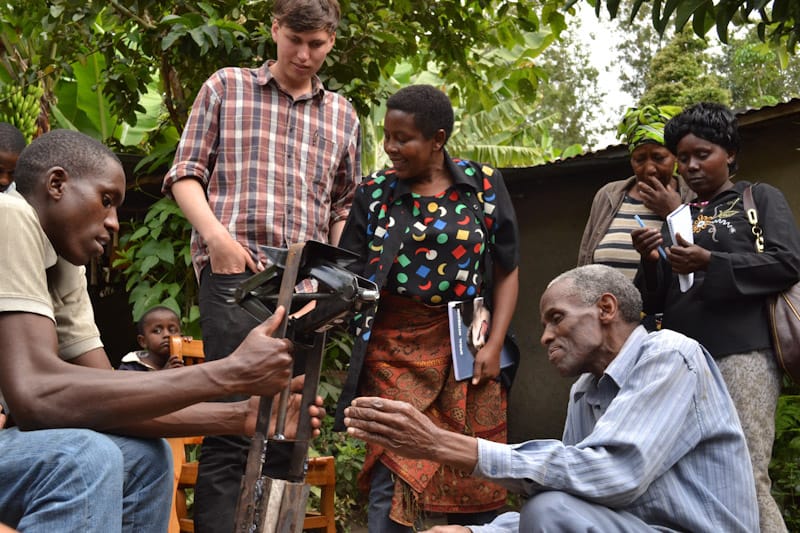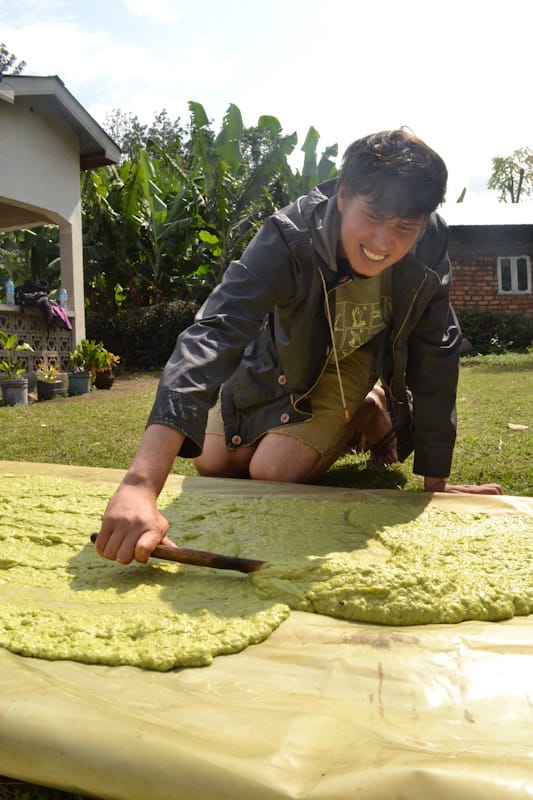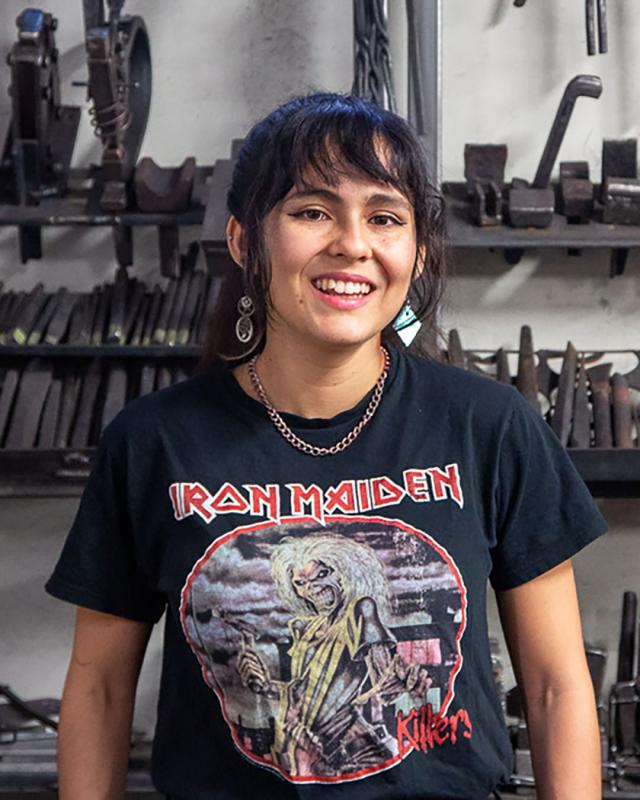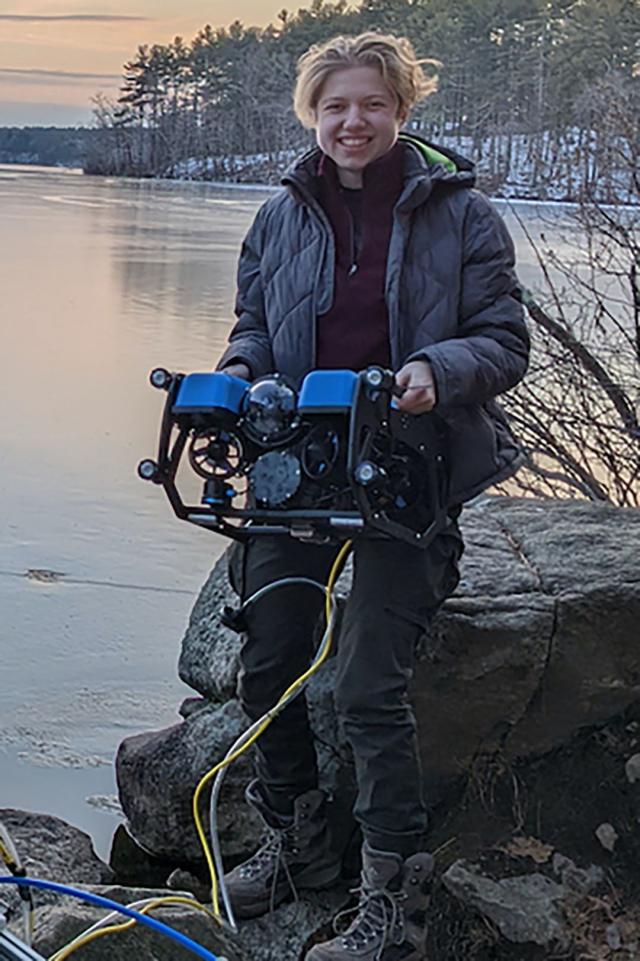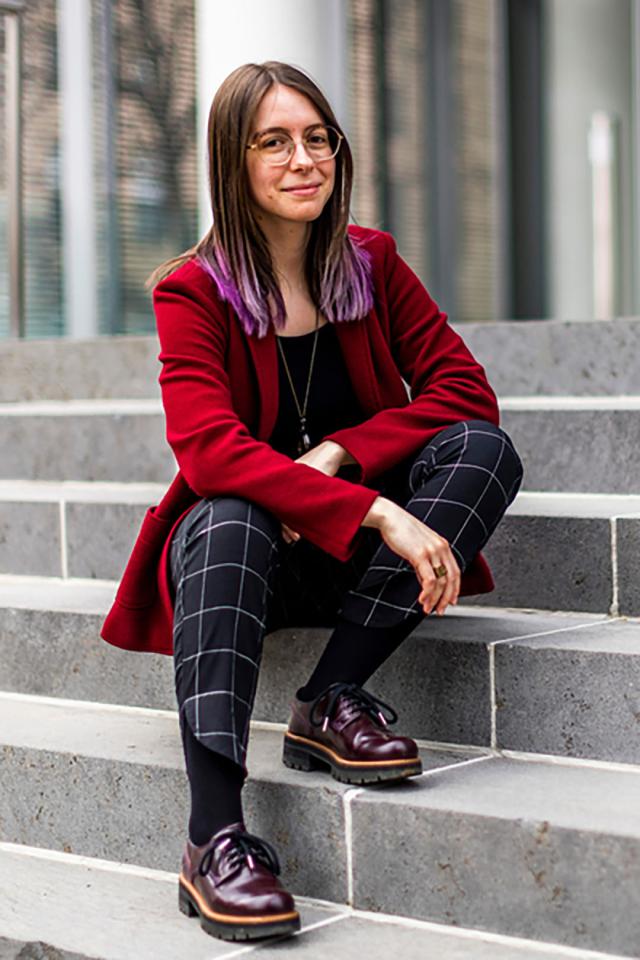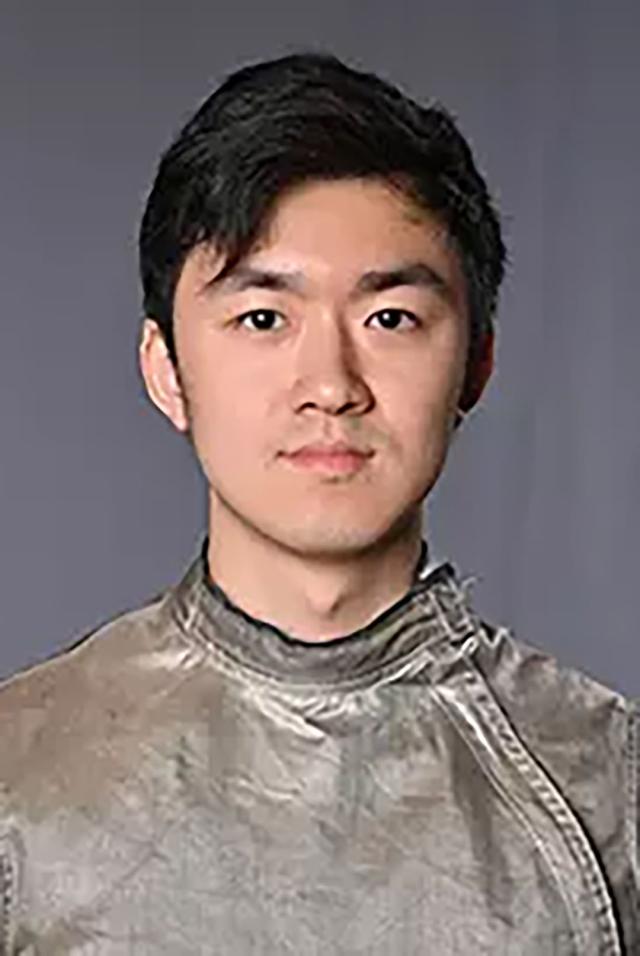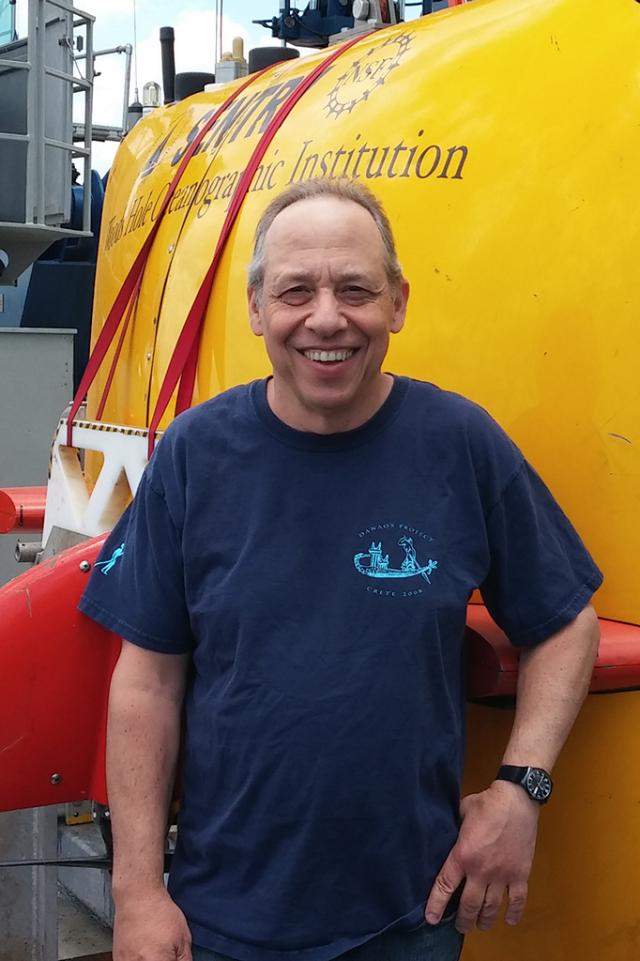Elliot Avila
Elliot Avila (SB ’14) is a recent graduate of the Department of Mechanical Engineering who has a particular interest in the developing world. As an undergraduate student in D-Lab, he traveled to India and Tanzania, and his senior thesis focused on optimizing the frame of a large cargo tricycle for use as a recyclable transport in Nigeria. Since graduation, he has also been working on a low-cost process for avocado oil extraction for income generation in Tanzania as part of an International Development Innovation Summit (IDDS) project, and he recently began a new job in Tanzania as a product designer and engineer for the company Global Cycle Solutions, working on a multi-crop thresher.
Elliot speaks with people in Nigeria about a cargo tricycle he was helping to design as a student in D-Lab. Credit: L. McKnown
How did you get involved with D-Labs originally?
I took my first D-Lab class during the fall of my sophomore year, which was followed by a trip to India with a team of students over IAP. The class and the trip really stoked my interest, and I ended up taking a second class and returning to India that summer. Even since those first trips, I’ve found that the work that I’m doing has been really fulfilling. From an engineering perspective, the kind of problems that I work with are intriguing because they’re widespread, complex, and require a lot of creativity. You have to spend a lot of time understanding how your product or technology fits within the broader cultural context, because there are a lot of obstacles aside from just functionality. It’s a real challenge, which I love. But I’m also really driven by how my work could have an impact on other people. I want people to have the same access to opportunities and security that I’ve been lucky enough to have. That idea has motivated me to pursue this line of work.
In your opinion, what are the biggest challenges to solve in emerging markets?
Last-mile distribution is a really tough challenge. You can have a life-changing product, but it’s worthless if you can’t get it into the hands of your users. And if you’re doing business in the developing world, the bulk of your potential customers tend to live in remote villages, so it’s especially difficult to reach them. Some really outstanding organizations have figured out how to do this kind of distribution, but there is no “one size fits all” solution – success stories vary from product to product, region to region.
What does the WeCycler do? What contributions did you make to it?
The WeCycler is simply a large cargo tricycle, used to transport recyclable waste in Lagos, Nigeria. WeCycler employees ride around and pick up recyclable waste from households along a set route. In return for their waste, the customers get points that they can later redeem for something they might find useful, such as cell phone credit or kitchen appliances. WeCyclers then sell the waste to plastic manufacturers, who recycle it into new products. There’s a lot of value created, and it seems that everyone involved ends up winning: jobs are being created locally, customers are getting products they want, manufacturers are using more recycled plastics, and less waste is being thrown on the streets.
I got involved with WeCyclers as part of my undergraduate thesis, in which I used FEA techniques and CAD to examine weak points and strengthen the WeCycle frame. The WeCycles are supposed to carry more than 400 pounds of recycled waste, and they tend to be used on really bad, muddy roads. For my thesis, I wanted to make the WeCycle sturdy enough to withstand the twisting and bending that it undergoes, without making it too heavy or costly.
Can you describe the tech behind the low-cost avocado oil extraction process you developed?
Oil extraction is, usually, a straightforward and simple process: squeeze something that has oil hard enough, and oil comes out. Avocados have a lot of oil in them, and if you dry them and press them with your hand, you’ll actually coat your fingers in it.
Avila works in Tanzania on a low-cost avocado oil extraction process for local income generation. Credit: L. McKnown
Coming up with an oil press isn’t the hard part – those already exist – it’s coming up with an oil press that works for a rural villager. It’s possible for the users we’re working with to travel a few hours and buy a solar dryer and oil press from the closest large city, but it would cost them well over $400. When we asked our users how much they wanted to pay for an oil press, the answer was usually between $6-$15. Right now we’re primarily investigating the use of a screw press and trying to figure out how we can make one that is both low-cost and food-safe.
What were some challenges you faced in both projects, either technical or in implementation?
With the avocado oil project, the biggest challenge right now is figuring out what scale to work on. Is it better to make a $10 machine for one person to own, or should we concentrate on making a $100 machine to be shared between 10 people? I’m hoping to start involving several community partners at a much higher level soon, allowing them to choose the direction of the project as they see fit.
Working on the WeCycle was challenging because it’s really difficult to work on something from abroad. It’s hard to have a deep understanding of something that you have yet to actually experience. When I arrived in Lagos, it was clear that some things were worse than I had assumed, but other things were better.
What are you doing currently?
Currently I’m a product designer and engineer for Global Cycle Solutions in Arusha, Tanzania. I’m working under a grant from the Gates Foundation to develop a multi-crop thresher, a machine that can theoretically remove the grains from the stalks of the most common crops (rice, maize, sorghum, wheat, barley). Threshing is primarily done manually here in Tanzania, which is both time-consuming and really laborious. But the only other available option is to get a combine harvester, which is unaffordable for most people. We’re about to start fabricating a few units of the latest prototype, which we’ll distribute for use during the January harvest season. It’s an exciting project that has a lot of potential for impact if we can figure out how to make it appropriate for the communities that we’re working with. I’ll be here in Tanzania at least through May, but I hope to stay for the next few years, as I’m really enjoying everything about it.

